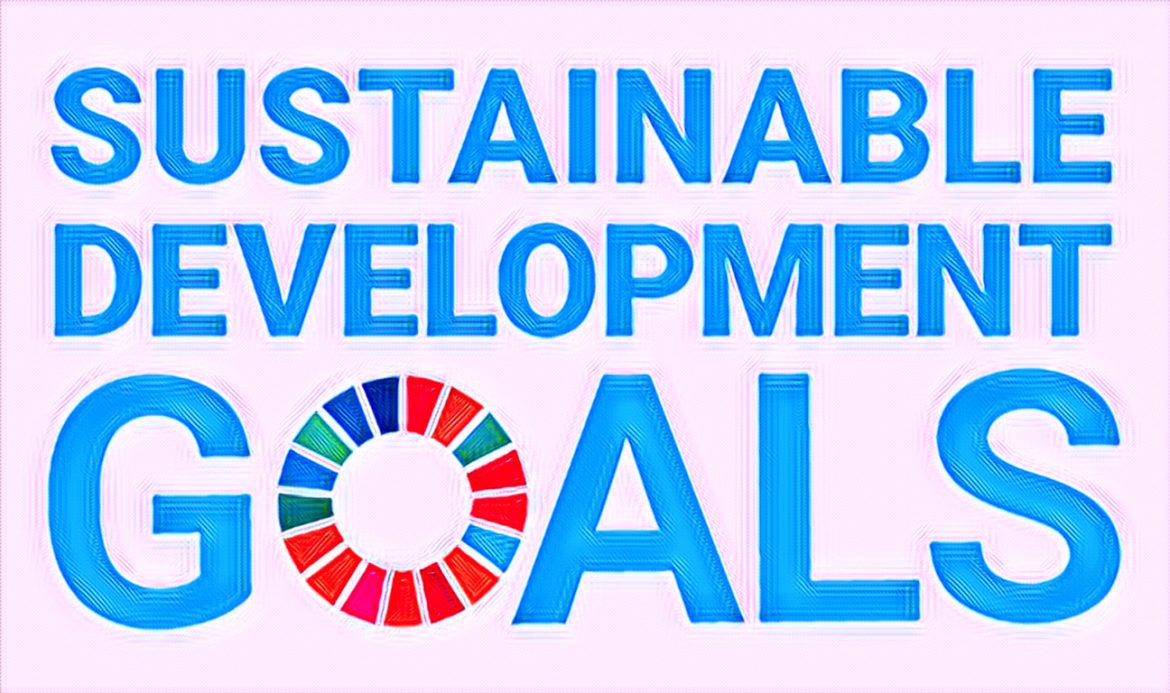Zimbabwe’s progress towards achieving the United Nations Sustainable Development Goals (SDGs) has come under scrutiny, with stakeholders expressing growing concerns about the nation’s struggle to attain crucial targets, especially in areas such as poverty alleviation, hunger eradication, decent job creation, and healthcare provision.
The SDGs, signed by numerous nations, set ambitious targets to be achieved by 2030. Zimbabwe has identified six key result areas: Social Services and Protection; Poverty Reduction (SDG 1 & 2) and Value Addition; Food and Nutrition; Gender Equality; HIV and AIDS; and Public Administration and Governance. However, out of the total 17 SDGs, the country has prioritized 11.
Zimbabwe currently faces challenges in ensuring good health and well-being (SDG 3), quality education (SDG 4), gender equality (SDG 5), clean water and sanitation (SDG 6), and affordable and clean energy (SDG 7).
Years of economic deterioration and various challenges have significantly impeded Zimbabwe’s progress in achieving its SDGs. Additionally, outbreaks of diseases like cholera, coupled with the ongoing threat of COVID-19, have exacerbated the situation.
These concerns regarding Zimbabwe’s SDG performance surfaced during the Third Voluntary National Review meeting held at Chinhoyi University of Technology in Mashonaland West. The meeting highlighted that emerging global challenges, including diseases and climate change, were affecting the country’s SDG attainment.
In his presentation, labour representative David Malunga expressed dissatisfaction with the slow pace of decent job creation in the country. He stressed that the lack of decent employment opportunities contributes to hunger, a pressing issue that needs urgent attention.
During the review meeting, Sylocious Chauruka, the deputy director of SDGs and Agenda 2063, acknowledged that while the SDG programs were progressing, Zimbabwe was facing new challenges, such as climate change and drug and substance abuse. Chauruka emphasized that funding remained a major hurdle in achieving the SDGs and appealed to development partners and stakeholders to contribute to accelerating the implementation of these goals.
Chauruka also pointed out issues related to underreporting due to missing data from various institutions and partners, stressing the importance of rectifying this to avoid underreporting.
The United Nations in Zimbabwe has played a vital role in supporting national initiatives aimed at facilitating effective and inclusive approaches to SDG implementation. The UN has encouraged a spirit of national ownership and leadership, ensuring that no one is left behind in the pursuit of dignity, equality, justice, and shared prosperity while safeguarding the environment.
The 2016–21 Zimbabwe United Nations Development Assistance Framework (ZUNDAF) serves as the strategic document through which UN Entities provide support for achieving the SDGs in Zimbabwe. Aligned with the SDGs, ZUNDAF comprises six result areas: Social Services and Protection; Poverty Reduction and Value Addition; Food and Nutrition; Gender Equality; HIV and AIDS; and Public Administration and Governance.
Additionally, the UN in Zimbabwe assists the government in regularly monitoring and reporting on progress towards the SDGs at both national and sub-national levels. Despite the challenges, Zimbabwe remains committed to its pursuit of the SDGs, striving to overcome obstacles and make meaningful contributions to global sustainable development goals.


